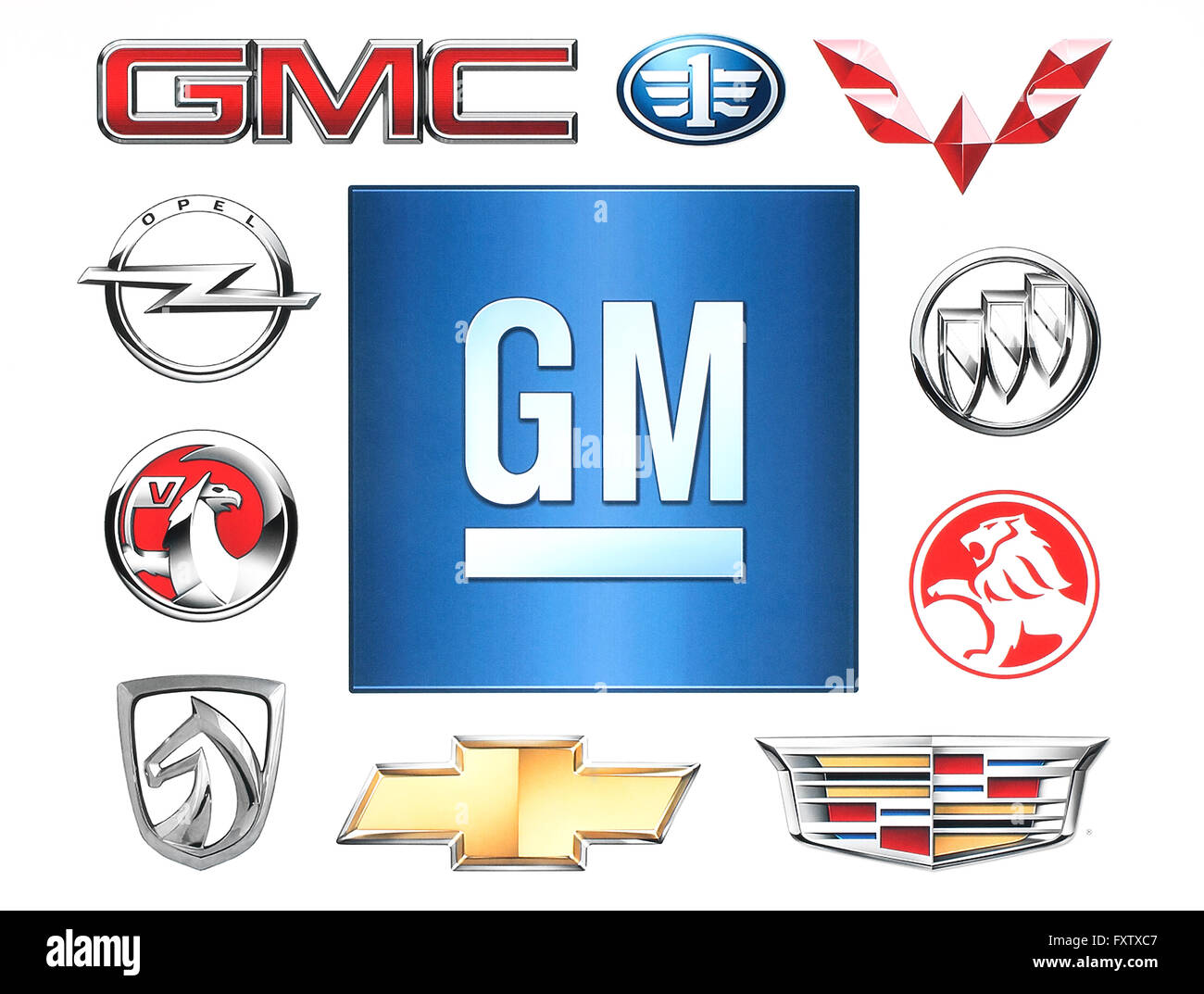General Motors’ stock closes below IPO price
- Posted on June 14, 2022
- Stock Market
- By Glory

Rising
interest rates, increasing gas prices, and increased uncertainty are wreaking
havoc on Wall Street, notably in the auto sector.
General
Motors lost $2.73 a share, or 7.8%, to $32.28 a share on Monday. After
recovering from bankruptcy in 2009, GM's stock closed below the $33 initial
sale price.
On
January 4, GM closed at $65.74$, but the market crisis this year has
driven the stock down roughly 51% since then.
GM
CEO Mary Barra claimed at the company's annual shareholder meeting on Monday
that the company is "selling every truck we can build," despite
record-high gas prices.
Ford's
stock also dropped
94 cents a share, or 7.37 percent, to $11.81 on Monday -- the first day of trade.
Since
October 2020, GM's stock closed below the company's post-bankruptcy initial
public offering price of $33 for the first time. Moments
after the company's annual shareholder meeting, GM's stock closed just below
$33 a share from November 2010.
CEO Mary Barra said GM's "clear priority" is
to "accelerate our EV plans" in answer to a shareholder inquiry
regarding restoring the dividend. The company is investing $35 billion in
electric vehicles and driverless vehicles by 2025, with the goal of offering
only electric vehicles by 2035.
GM's
stock has dropped over 45 percent this year as concerns of a downturn rise and
investors wonder if the automaker's best days are over.
Due
to supply chain issues, particularly a scarcity of semiconductor chips, GM and
other automakers recorded massive profits amid the coronavirus pandemic as
strong consumer demand outpaced new vehicle inventories.
Stellantis
NV, the parent company of Chrysler, lost 64 cents, or 4.69 percent, to settle
at $13 a share. Stellantis had reached a high of $21.76 on January 14 and was
down nearly 40% as of Monday's close.
Fears
of a recession have been growing, according to Morningstar auto analyst David
Whiston, combined
with concerns that inflation and high costs will hamper customers' willingness
to spend. He
claims that higher borrowing rates cause financial concerns for
budget-conscious consumers who are considering very expensive autos due to the
microprocessor scarcity.
"The more of one’s monthly payment that is going
to interest the less that goes to principal, which can eventually mean someone
opts out of a SUV and goes to a crossover or sedan," Whiston said.
The consumer price index increased by 8.6% in May,
according to a survey released late last week, as costs
of everything climbed. The Fed has so far raised interest rates many
times in an attempt to lower inflation, but the study shows that this will be
more difficult than predicted.
This is terrible news for GM and other automakers
since it means that rising costs will eventually eat into their profits. GM and
its competitors are already battling with rising material costs and supply
chain bottlenecks, especially in the semiconductor industry.


Be the first to comment!
You must login to comment